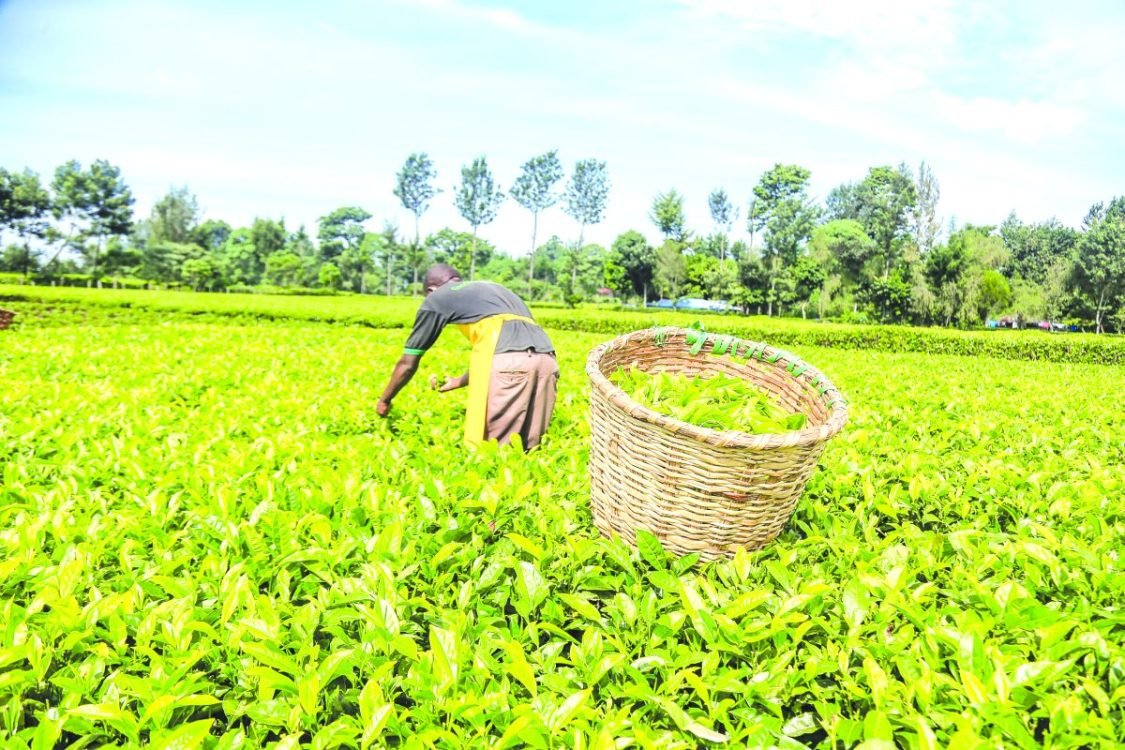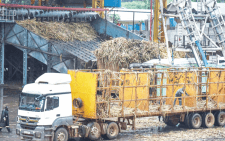State defers base reserve price for tea

The State has suspended the minimum reserve price for all teas older than six months at the Mombasa weekly auction, effective immediately, following growing concerns over unabsorbed tea stocks.
This move, announced by Agriculture Cabinet Secretary Dr. Andrew Karanja, seeks to address the bottleneck caused by the existing pricing structure, which has led to an accumulation of unsold tea.
Previously set at $2.43 (approximately Sh313.47), the reserve price has been a major factor contributing to the surplus of unabsorbed tea.
The CS explained that the ministry would establish a multi-stakeholder committee to review and revise the pricing mechanism.
Tea committee formed
“The reserve price should be flexible, not fixed, to prevent the current challenges,” Karanja stated during a consultative meeting with tea industry stakeholders in Mombasa.
The new committee will include representatives from the Ministry of Trade, KTDA, the Tea Board of Kenya, and other key industry players. The committee is expected to deliver its recommendations within a month.
“One reason for unsold tea is its poor quality. We will implement minimum quality standards to prevent substandard tea from being sold,” he said.
The Tea Board of Kenya will lead a quality improvement initiative aimed at reversing the decline in Kenyan tea quality. This program will enforce a minimum quality standard, requiring tea producers to maintain at least 65 per cent quality in their green leaf.
The CS said KTDA has managed to sell 30 million kilogrammes of old stock in the past two weeks but still holds approximately 70 million kilogrammes of tea from smallholder factories. This remaining stock is expected to be sold before the second payment declaration in October.
Despite these challenges, the tea industry has demonstrated resilience. In 2023, export earnings reached a record Sh180.57 billion, up from Sh138.09 billion in 2022 and Sh136.59 billion in 2021. Consequently, payments to tea farmers increased to an average of Sh59.02 per kilogram in 2023, compared to Sh50.18 in 2022 and Sh34.71 in 2021.
Karanja noted that export earnings for the first half of 2024 have already risen by 23.77 per cent to Sh98.07 billion, compared to Sh79.23 billion in the same period in 2023.
“If this trend continues, we anticipate export earnings will rise by Sh30.7 billion, reaching Sh211.27 billion from the record Sh180.57 billion in 2023. Preliminary projections suggest that average payments to smallholder tea farmers will increase to about Sh66 per kilogram of green leaf in the fiscal year 2023/2024, up from Sh59.02 in FY 2022/2023,” Karanja forecasted.















